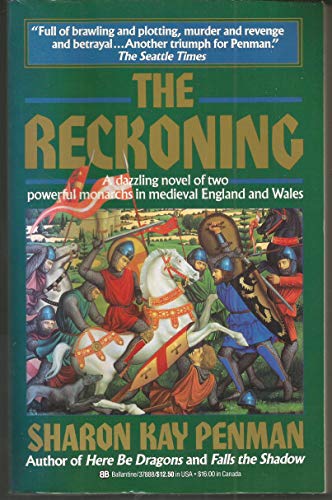
The Welsh revolt led to another invasion of Wales by King Henry in 1165. Rhys first appealed to the king to intercede, then when this failed invaded Ceredigion and recaptured all of it apart from the town and castle of Cardigan. The murderer had been given the protection of the Clares in Ceredigion. His nephew, Einion ab Anarawd, who was the captain of his bodyguard, had been murdered at the instigation of Roger de Clare, Earl of Hertford.

Rhys had other reasons for rebellion, for he had returned to Deheubarth from England to find that the neighbouring Norman lords were threatening Cantref Mawr. When Rhys and Owain were obliged to do homage to Henry II in 1163 they were forced to accept a status of dependent vassalage instead of their previous client status, and that this led to the revolt. In 1164 all the Welsh princes united in an uprising. He fought against Louis VII of France 1168-1169, and died at Etherstone in 1176. He was the General in command against the Welsh rebellion in 11. His wife is again unknown, but they had one son, John. He, too, was knighted by King Stephen, but now as a “Forster”. He was Governor of Etherstone, Northumbria. Sir William was then about to return to England, but Henry became involved in hostilities with Louis VII, William remained and took part in all the engagements but the war terminating by the peace concluded at Montmirall, Jan 6, 1169, he returned to England and died in 1176.

In 1166 he took his departure for France, the people of Brittany having rebelled against their Duke Conan, but the insurrection was quelled by Henry II, with his usual propitude and afforded him a pretext for taking the government into his own hands. General who took an active part in suppressing two formidable insurrections that broke out in Wales A.D. Took part in suppressing insurrections in Wales.

Sir William Forster, Governor of Etherstone died 1176,


 0 kommentar(er)
0 kommentar(er)
